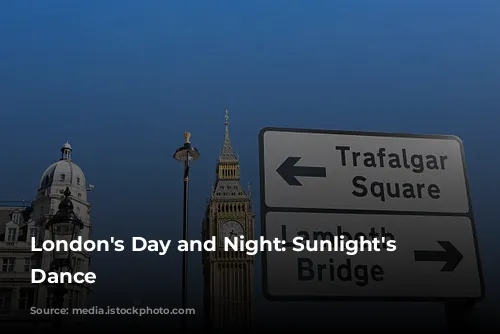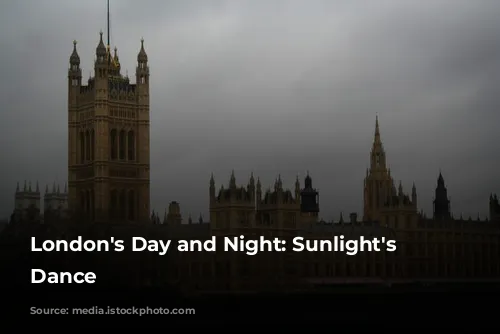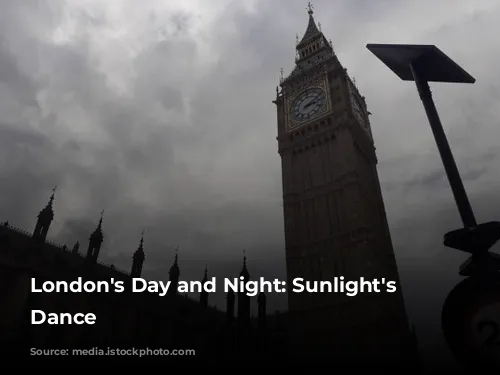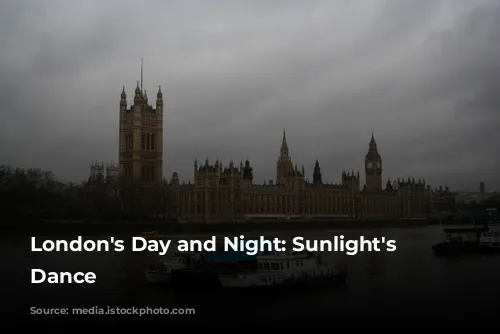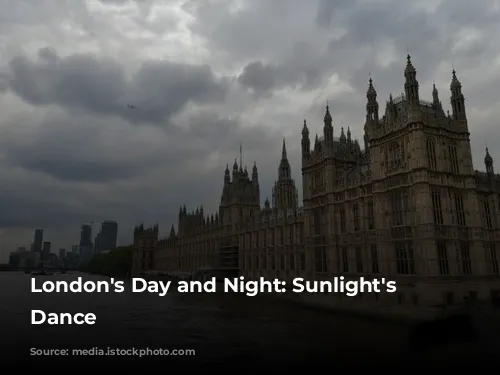It’s a strange sensation when you first experience the curious way London’s northern latitude dances with daylight. The clock may say October, but the sun’s disappearance feels like a swift kick into winter. The days shrink, and by December, the morning commute takes you through a dark abyss, as the sun rises well after 8 am and sets before 4 pm – not exactly sunshine-filled! This stark contrast to California’s bright days can feel a bit dreary, especially if you’re used to soaking up the sun.
Summer’s Embrace: Sunlight’s Long Goodbye
The flip side of this coin is summer’s long, warm embrace. Picture this: the sun bursts into the bedroom as early as 4 am, rudely awakening you and your feathered friends. Sleep becomes a luxury, and bedtime a challenge as the sun refuses to set until nearly 9:30 pm. While lovely, the persistent daylight can make it difficult to maintain a healthy sleep routine. Blackout curtains become your best friend, blocking out the morning’s unwelcome rays and providing a little warmth during winter’s chill.

London’s Temperature: A Gentle Touch
Despite its northern location, London enjoys surprisingly mild weather. The Gulf Stream, a warm ocean current, acts as a natural heating system, gifting the British Isles with a more pleasant climate than expected. Even in winter, the temperature rarely dips below freezing, and summer highs rarely reach unbearable levels. January typically sees a high of 46°F (8°C), while July reaches a toasty 73°F (22°C). While there are occasional heat waves that push the temperature above 77°F (25°C) or even 86°F (30°C), they are brief and fleeting. Most homes are equipped with heating for those chilly winter nights.

A Drizzle of Rain: London’s Constant Companion
London’s weather is almost synonymous with rain. It’s a constant presence, a gentle drizzle that seems to grace the city throughout the year. While the annual rainfall isn’t exceptionally high, rain seems to fall with a certain regularity. A small umbrella or a waterproof jacket is a Londoner’s essential companion. While occasional thunderstorms may unleash a torrent, the rain is generally light and refreshing.
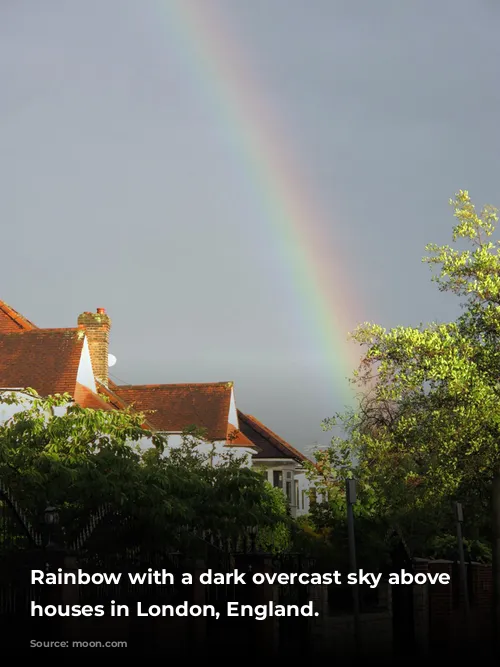
The Uncommon Snowfall: A City Brought to a Standstill
Snowfall in London is an unusual event, a phenomenon that throws the city into a frenzy of excitement and chaos. The city’s heat generated from buildings and vehicles rarely allows for the ground to freeze, leaving the city snow-free. When it does snow, the city comes to a standstill, with the transport system grinding to a halt. The Underground, a major artery of London’s transportation network, becomes a chaotic scene, particularly those lines that run above ground. The icy conditions disrupt both Underground and train services, leading to cancellations and delays.
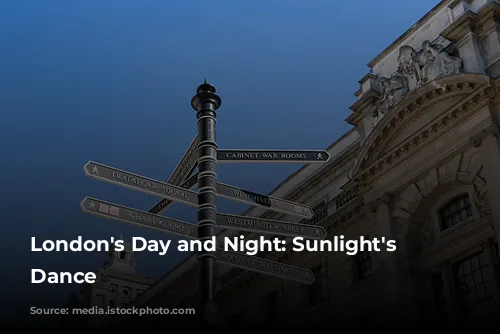
The Impact of Snow: Traffic Chaos
However, the most significant consequences of snowfall are felt on the roads. A mere inch of snow can create a traffic nightmare. This is exacerbated by the fact that most Londoners are not accustomed to driving in snowy conditions, leading to poor judgment and often disastrous consequences.
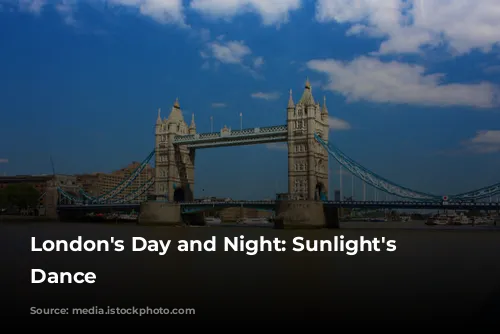
A Snow-Clogged City: A Tale of Two Hours
One recent winter, a light snowfall transformed a routine trip to the mall into a two-hour nightmare. As I entered the parking lot, the snow began to fall gently, but it seemed to accumulate quickly. By the time I finished shopping, an inch or two had already fallen, bringing the traffic to a grinding halt. The parking lot, which was situated on a slight incline, became a trapped maze of cars. The snow had come down too fast, and the roads had not been treated with sand and salt. The situation was a recipe for chaos and accidents, as drivers struggled to navigate the slippery conditions. Some people were even forced to spend the night in the mall as they were unable to escape the parking lot. This experience was a stark reminder that a simple snowfall can completely paralyze London.

Shifting Weather Patterns: A Sign of Change?
London’s weather pattern is not static. After years of mild winters, the past few years have seen a shift towards colder temperatures and increased rainfall. This shift is a cause for concern, as it may be a sign of climate change. If this trend continues, the city will need to adapt its infrastructure and planning to deal with more extreme weather events.

London’s Summers: A Gentle Warmth
While snow may bring the city to a halt, London’s summers rarely reach sweltering temperatures. The best we can hope for are a few days of pleasant warmth in the low 80s (F), encouraging people to enjoy the sunshine in the city’s parks. Most London homes are not equipped with air conditioning, making them ill-prepared for extended periods of heat. However, even in the warmest of months, the heat is usually short-lived, with most summers being characterized by their dampness. London’s weather is a constant surprise, with its quirks and unexpected changes, it’s truly a unique experience for any visitor or resident.

